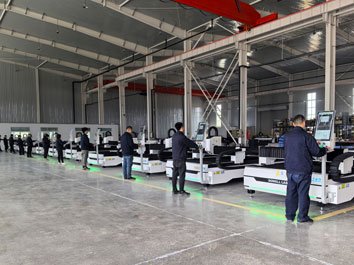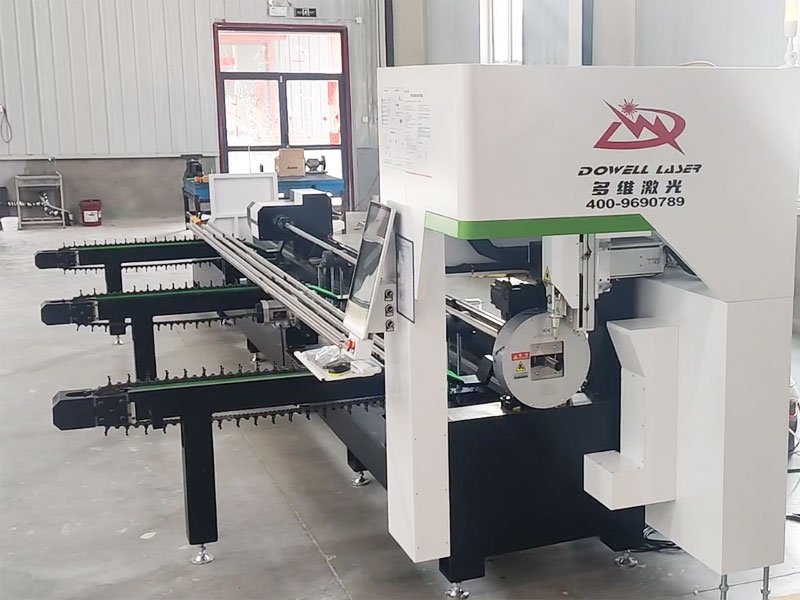With the rapid development of new energy vehicles and energy storage markets, the lithium-ion battery industry has ushered in rapid growth. Welding technology, as a key link in the production process of lithium-ion batteries, directly affects the performance and safety of batteries.
Traditional welding methods have problems such as large heat-affected zone, easy oxidation, and unstable welding quality. Laser welding has become the first choice for custom lithium battery pack welding with its unique advantages.
This article will focus on the laser welding machine for lithium ion batteries, hoping to be helpful for purchasing laser welding lithium ion batteries.
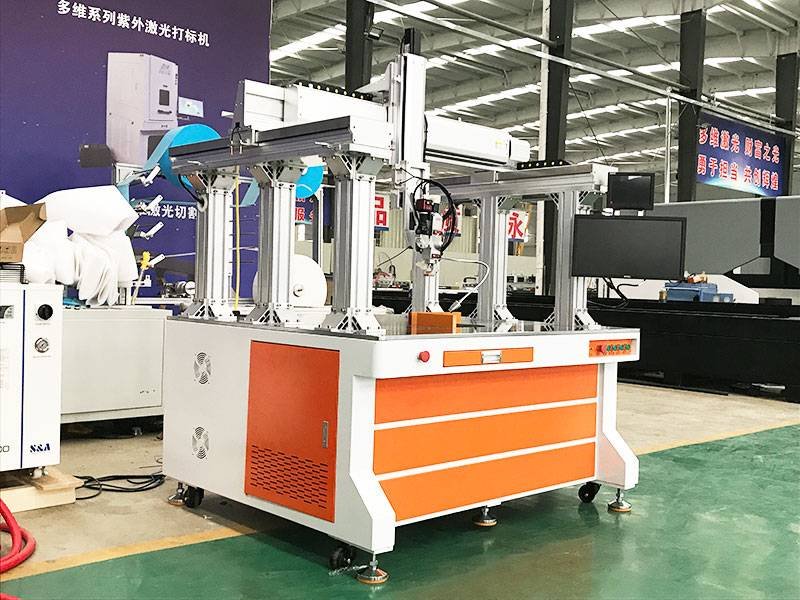
Battery Laser Welding Machine composition:
| Component | Description |
|---|---|
| Laser Welding Head | Adopts imported laser welding head, which is corrosion-resistant, high-temperature resistant, and has a long lifespan, greatly enhancing the service life of the laser. |
| CCD High-Definition Display | Enables careful observation and precise positioning of the weld, allowing for a more comprehensive view. |
| Laser | Uses Shenzhen Chuangxin, Wuhan Ruike, or Germany IPG brand lasers, improving the photoelectric conversion rate and power for better welding effects. Customers can choose according to their needs. |
| Working Platform | Stable and firm, ensuring accurate placement and movement of the workpiece for automated welding. |
| Control Button | One-button operation for convenient and fast use. |
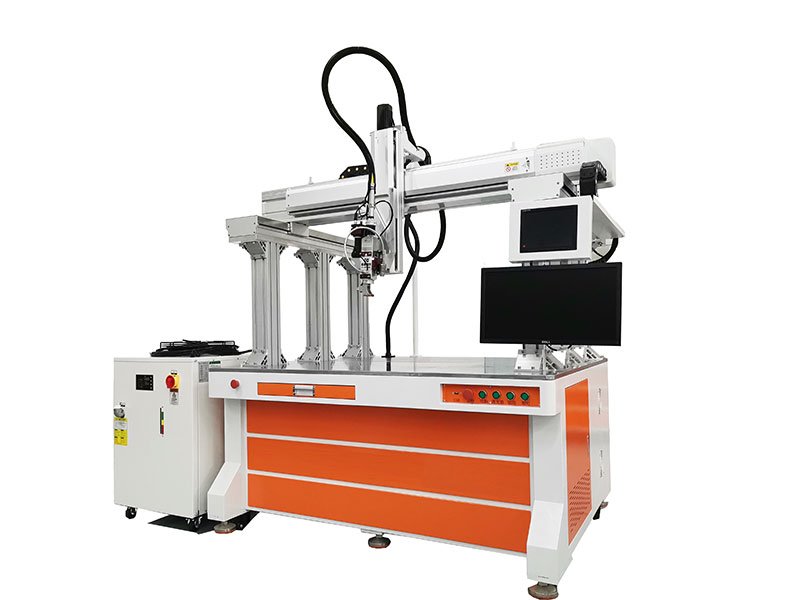
| Item | Technical Parameters |
|---|---|
| Working Mode | Continuous/Modulated |
| Laser Power (W) | 2000W |
| Laser Wavelength (nm) | 1070 |
| Fiber Core Diameter | 50μm |
| Max Modulation Frequency (KHz) | Continuous |
| Laser Mode | Yv04 |
| Beam Quality (M²) | <0.373 |
| Power Adjustment Range (%) | 0-100 |
| Fiber Length (m) | 15 meters |
| Cooling Method | Water Cooling |
| Working Temperature (°C) | 25°C |
| Long-Term Working Stability (24h) | Good |
| Focal Length F (mm) | 200mm |
| Focal Adjustment Range (mm) | -5 to +5 mm |
| Rated Power (Kwh) | ≤16KW |
Features
- Controlled by PC, assisted by professional software, easy to operate and easy to learn;
- The large-format workbench can weld products of different sizes according to the actual production needs of the products, and multiple sets of fixtures can be installed, which is convenient and flexible.
- The processing is pollution-free, the heat-affected zone is small, the deformation is small, and the cooling medium can be purified to extend the life of the device and facilitate daily maintenance.
- The weld is fine, the depth is large, the taper is small, and the precision is high; the appearance is smooth, flat and beautiful.
- The perfect combination of high-definition coaxial visual CCD system and line light source fixed focus system makes welding line copying programming easier and more convenient.
Why Choose Laser Welding Lithium Ion Batteries
- High precision: Laser welding has extremely high energy density and precise focusing ability, achieving micron-level welding accuracy, avoiding thermal damage, and ensuring the structural integrity of the battery.
- Fast and efficient: Laser welding has a fast speed and a small heat-affected zone, which can greatly improve production efficiency and reduce production costs.
- High welding quality: The welds formed by laser welding are smooth and flat, without pores or cracks, with high welding strength and good reliability.
- Strong adaptability: It is suitable for welding a variety of materials, including copper, aluminum, nickel, etc., to meet the diverse welding needs of lithium-ion batteries.
- Environmentally friendly and clean: The laser welding process is pollution-free and meets environmental protection requirements.
- Non-contact process:Particularly suited for handling fragile components such as thin metal foils and tabs used in lithium-ion batteries. Non-contact minimizes the potential for equipment contamination and wear, helping to improve end-product quality with fewer defects.
- Automation and Integration: Highly compatible with automated production lines, it can achieve large-scale lithium-ion battery manufacturing. It speeds up production and ensures consistency. It reduces human errors and produces higher quality products.
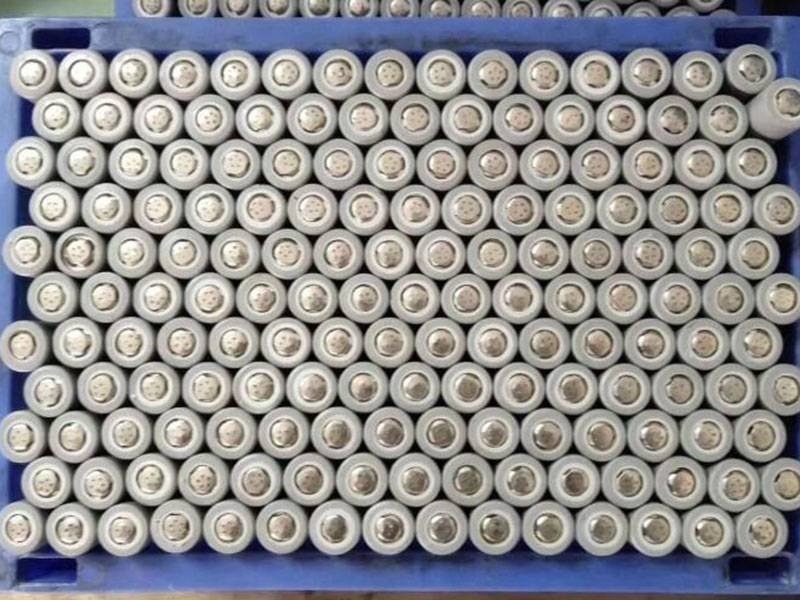
Laser Welding in Li-ion Battery Manufacturing
Battery Tab Welding: Battery tabs are critical for conducting electrical current between cells. Laser welding ensures a reliable, high-strength connection between tabs and electrodes, preventing potential malfunctions or failures.
Enclosure Sealing: Battery enclosures need to be sealed to prevent exposure to moisture or air, which can degrade battery performance. Laser welding is ideal for sealing the aluminum or steel enclosures used in lithium-ion batteries due to its high precision and strong, clean welds.
Module and Pack Assembly: When multiple cells are assembled into a battery pack, laser welding ensures a secure electrical connection between cells. This improves the safety and performance of the entire battery pack.
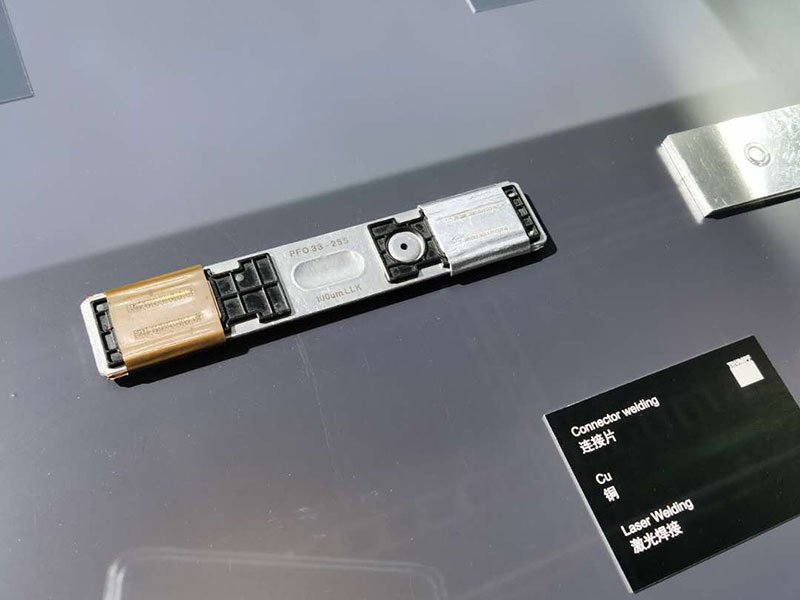
Choosing the Right Battery Laser Welding Machine
1.Welding requirements analysis
Material
- Understand the material composition of lithium batteries, including positive and negative electrode materials, diaphragms, shells, etc. Different materials have different absorption and reflection characteristics of lasers, which will affect the welding effect.
- Metal materials such as aluminum and copper usually require higher-power lasers to achieve good welding.
- Consider the thickness of the material. Thinner materials may require lower-power lasers, while thicker materials require higher-power lasers to ensure the strength and sealing of the weld.
Welding requirements
Determine the precision requirements of welding. For welding that requires high precision, such as in the welding of micro batteries or electronic components, a laser welding machine with high resolution and high-precision positioning system should be selected.
Consider the strength requirements of welding. For lithium batteries that need to withstand large mechanical stress or are used in harsh environments, a laser welding machine that can provide high welding strength should be selected.
Evaluate the appearance requirements of welding. If there are high requirements for the appearance quality of welding, such as no pores, no cracks, smooth surface, etc., a laser welding machine with good welding quality control should be selected.
2.Laser welding machine parameters
Laser power
Choose the appropriate laser power according to the material thickness and welding requirements of the lithium battery. The higher the power, the faster the welding speed, but it may also cause overheating and material deformation. For thinner materials and high-precision welding, a lower-power laser may be more suitable.
Consider the stability of the laser power. Stable laser power can ensure the consistency of welding quality.
Laser wavelength
Different laser wavelengths have different absorption characteristics for different materials. Common laser wavelengths are 1064nm, 1070nm, etc. For the welding of lithium batteries, wavelengths with higher absorption rates for metal materials are usually selected.
Consider the stability and reliability of the laser wavelength. Stable wavelengths can ensure the consistency of welding effects.
Welding speed
Determine the appropriate welding speed according to production needs. Too fast welding speed may lead to a decrease in welding quality, while too slow will affect production efficiency.
Consider the dynamic performance of the laser welding machine, that is, the ability to maintain stable welding quality at different welding speeds.
Focused spot size
The focused spot size determines the welding accuracy and the size of the heat-affected zone. Smaller spot sizes enable high-precision welding, but also require higher power and a more precise positioning system.
Choose the appropriate focused spot size based on the welding requirements. For welding of micro batteries or electronic components, a smaller spot size is usually required.
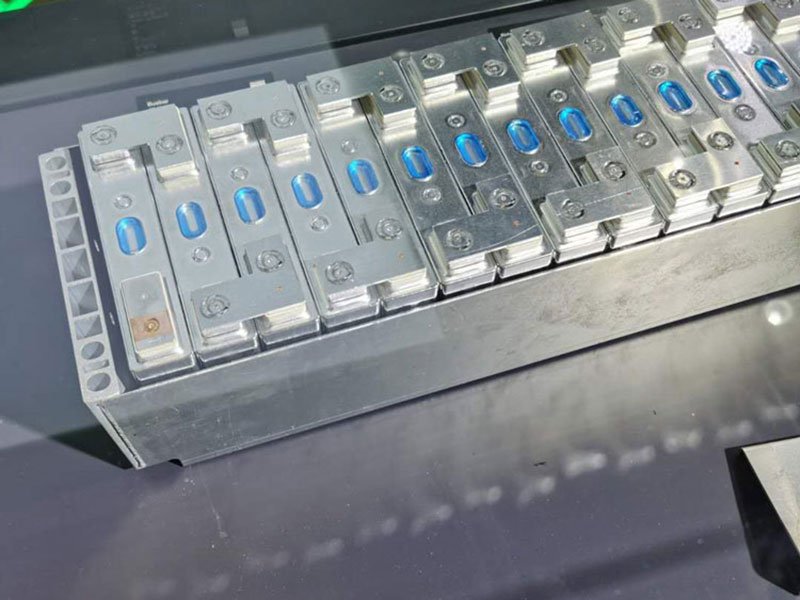
3.Equipment performance and reliability
Equipment stability
Choose a laser welding machine with high stability and reliability to ensure long-term stable production. The stability of the equipment can be evaluated by examining the manufacturer’s reputation, product quality certification, and user reviews.
Consider the maintenance and care requirements of the equipment. Equipment that is easy to maintain and maintain can reduce production costs and downtime.
Control system
Advanced control systems can achieve precise welding parameter control and automated production. Choosing a laser welding machine with an intelligent control system can improve production efficiency and welding quality.
Consider the ease of use and operability of the control system. An easy-to-operate control system can reduce operator training time and error rate.
Safety performance
Laser welding machines are high-energy equipment, and safety performance is crucial. Choose equipment with complete safety protection measures, such as laser protection devices, emergency stop buttons, safety door locks, etc.
Ensure that the equipment meets relevant safety standards and regulatory requirements.
4.Manufacturer and after-sales service
Manufacturer reputation
Choose a laser welding machine manufacturer with a good reputation and rich experience. Well-known manufacturers usually have more reliable product quality and a more complete after-sales service system.
Learn about the reputation and strength of the manufacturer by consulting the manufacturer’s official website, product manuals, user reviews, and industry reports.
After-sales service
Good after-sales service can ensure the normal operation and timely maintenance of the equipment. Choose a manufacturer that provides comprehensive after-sales service, including equipment installation and commissioning, training, maintenance and technical support, etc.
Consider the response time and service quality of after-sales service. Timely response and high-quality after-sales service can reduce equipment downtime and production losses.

Conclusion
Choosing the right laser welding machine to weld lithium batteries requires comprehensive consideration of welding requirements, laser welding machine parameters, equipment performance and reliability, as well as manufacturers and after-sales services. By carefully evaluating and comparing different equipment options, you can choose the laser welding machine that best suits your production needs and improve the welding quality and production efficiency of lithium batteries.

